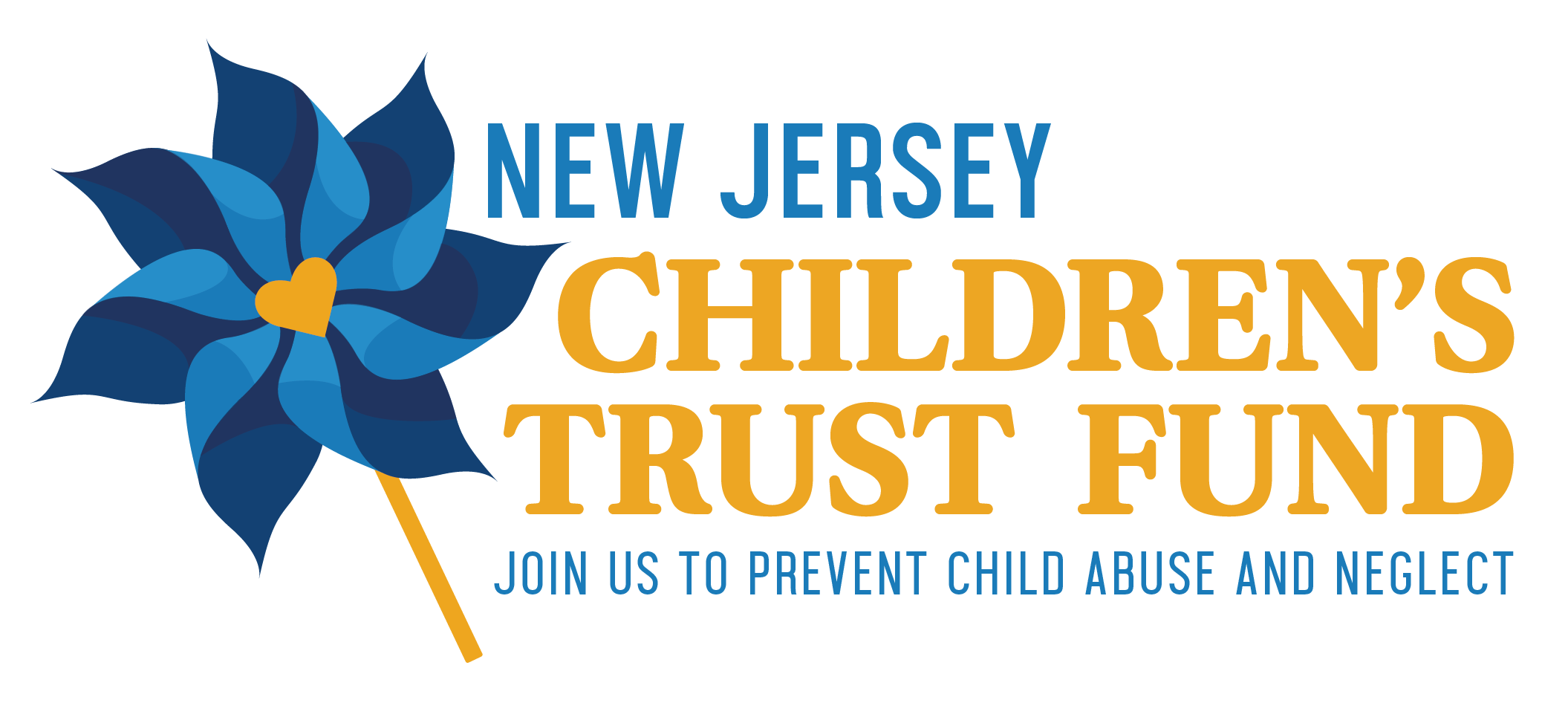Good morning, your honor. I am here to report on the continued progress that the New Jersey Department of Children and Families has made to meet the provisions of the Sustainability and Exit Plan during Monitoring Period XXI.
It is my honor and privilege to have been selected by Governor Phil Murphy to be the Commissioner of the Department of Children & Families. I’d like to publicly thank the Governor for placing his trust and confidence in me.
And it is my privilege to represent the Department in today’s hearing, and to speak about the great work happening at DCF to not only satisfy the requirements of the SEP, but also to move New Jersey beyond the need for federal monitoring.
The SEP and the settlement agreements that preceded it, as well as our partnership with the federal monitor, have been instrumental in the transformation of the child welfare system in New Jersey over the last 15 years.
Since the adoption of the SEP in November of 2015, the progress we’ve made has been nothing short of inspirational.
We have established New Jersey as a national model in many key areas of child welfare, and in the prevention of child abuse and neglect for our most vulnerable families.
New Jersey is now in a position in which exit from federal monitoring is within reach.
During the most recent monitoring period, progress has continued. DCF has satisfied 88% of the requirements set forth in the SEP. In addition to maintaining all foundational elements, DCF has now met 41 of 48 performance measures, including 5 additional requirements during monitoring period XXI.
Since we were last before the court, we’ve made gains around the quality of investigations, completed a multi-year Needs Assessment , achieved timely permanency for our children within 36- and 48-month benchmarks, and we continue to promote Family Team Meetings as a tool to create lasting support structures for the families we serve.
As is clear, we have accomplished a lot. The foundation laid by prior administrations is solid. Our work, however, is not done and we must now turn to the remaining challenges of improving quality. My vision for the work we do at the department aligns with these outstanding performance measures.
As we move ahead into this new administration, I have been clear with my team that we need to organize our work around three core goals: to make sure that New Jersey’s children and families are Safe, Healthy and Connected.
Our shared goal is to create a sustainable model of child welfare that maximizes struggling families’ ability to get real help outside of a child protective investigation. But in situations where children are at risk of harm, we want to achieve a child protection system that minimize errors in judgment, facilitates continuous improvement, and, more than anything, has the success of the family at the heart of everything we do.
The Department will continue to engage in ongoing self-examination. Our investment in data infrastructure, analytic teams, quality management, professional development, and continuous quality improvement processes demonstrates the strength of our intention to be a self-monitoring agency. Long after federal monitoring has concluded, we will continue to use this infrastructure to learn, to adapt and to continually improve our own case practice.
We are committed to elevating a culture of safety within the Department – physical, emotional, and psychological safety of staff– so that we can create an environment from which each of our staff is best positioned to successfully engage children and families.
We are dedicated to ensuring that families are empowered, through family teaming and individualized behaviorally-focused case plans, to make healthy choices for themselves, to move beyond destructive behaviors and patterns, and to recognize the linkage between stress and unhealthy choices.
If we are going to end generational issues of abuse and neglect and help families chart a new path, we need to recognize the correlation between socio-economic factors, such as crime rates and poverty, and an increased risk of child abuse and neglect for those affected families.
We are driven to ensure that children are connected to their families of origin, that families are connected to their communities, and that we all play a part in developing a seamless and sustainable network of services – a 21st Century child welfare system – that capitalizes on the strengths of everyone at the table to improve outcomes for everyone we serve.
I would like to publicly thank Judith Meltzer and her team for working with us to improve the services and supports available to children and families in the Garden State.
And to my colleagues in the Department, thank you for all you do to sustain and support New Jersey’s child welfare system, and, most importantly, to make a difference in the lives of so many children and families throughout the Garden State.
I’m excited for what comes next in New Jersey. We have real opportunities to grow and improve our child welfare system, with a focus on prevention strategies, protective factors, and enhanced outcomes for children and families.
We will continue to transform – from responsive to proactive, from isolated to collaborative – so that we can give each family in New Jersey a chance at success and each child in New Jersey a shot at a happy, healthy and safe childhood.
While we’re working to ultimately exit federal monitoring, the principles of always striving to improve the system for vulnerable children and families will continue long after we have satisfied our required performance measures and metrics.
And if we stay true to the mission – to strengthen families and protect children – we can make a lasting impact in the lives of so many throughout the Garden State. Thank you, your honor.






